After a mass shooting in Parkland, Florida in February 2018, that left 17 people dead, JPMorgan Chase — America’s largest bank — publicly distanced itself from the firearm industry. Its chief financial officer reassured the media that the bank’s relationships with gunmakers “have come down significantly and are pretty limited.”
That was then. This past September, a new Texas law went into effect that bans state agencies from working with any firm that “discriminates” against companies or individuals in the gun industry. The law requires banks and other professional service firms submit written affirmations to the Texas attorney general that they comply with the law.
What was JPMorgan to do? Sticking with its high-minded policy of “significantly” reducing business with gun manufacturers would result in exclusion from Texas’s lucrative bond market. Texas sold more than $58 billion of bonds in 2020, and is currently the second largest bond market after California. (I’ll come back to California in a moment.)
JPMorgan Chase had been among the top bond underwriters for Texas. Between 2015 and 2020, the bank underwrote 138 Texas bond deals, raising $19 billion for the state, and generating nearly $80 million in fees for JPMorgan, according to Bloomberg. Yet since the new Texas law went into effect in September, the bank has been shut out of working for the state.
JPMorgan’s dilemma since Texas enacted its law has been particularly delicate because its chairman and CEO, Jamie Dimon, has been preaching the doctrine of corporate social responsibility — repeatedly telling the media that big banks like JPMorgan Chase have social duties to the communities they serve.
So what did JPMorgan decide to do about financing gun manufacturers, in light of the new Texas law? It caved to Texas. (Never mind that last year, the bank’s board granted Dimon a special $52.6-million award — which is almost three-quarters of the fees the bank received from underwriting Texas bonds between 2015 and 2020.)
On May 13 — one day before the Buffalo mass shooting and less than two weeks before the Texas shooting — JPMorgan sent a letter to the attorney general of Texas, declaring that the bank’s policy “does not discriminate against or prevent” it from doing business “with any firearm entity or firearm trade association based solely on its status as a firearm entity or firearm trade association,” adding that “these commercial relationships are important and valuable.”
The Texas law barring the state from doing business with any firm that discriminates against the gun industry is the first of its kind in the country. But similar laws — described by gun industry lobbyists as “FIND” laws, or firearm industry nondiscriminatory legislation — are now working their way through at least 10 statehouses, according to the Giffords Law Center to Prevent Gun Violence. This year, Wyoming passed a law that allows gun companies to sue banks and other firms that refuse to do business with them.
The lesson here is twofold.
First, pay no attention to assertions by big banks or any other large corporations about their “social responsibilities” to their communities. When social responsibility requires sacrificing profits, it magically disappears — even when it entails financing gunmakers.
But secondly, no firm should be penalized by pro-gun states like Texas for trying to be socially responsible. How to counter Texas’s law? Lawmakers in progressive states like California (whose bond market is even larger than Texas’s) should immediately enact legislation that bars the state from dealing with any firm that finances the gun industry.
In other words: Big banks like JPMorgan should have to choose: either finance gunmakers and get access to the Texas bond market, or don’t finance them and gain access to the even larger California bond market.
What do you think?



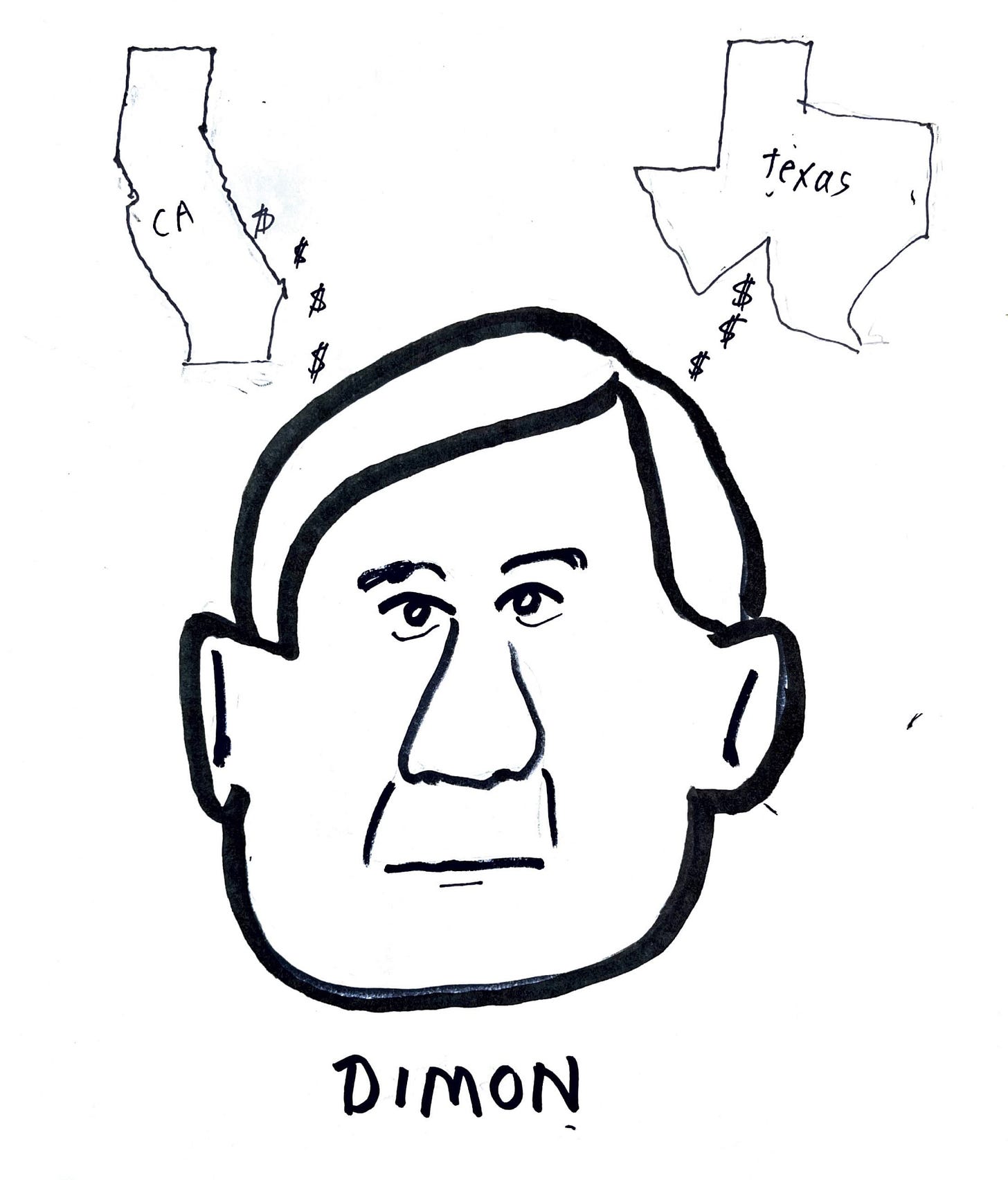









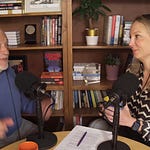

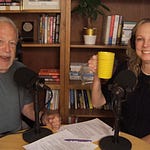

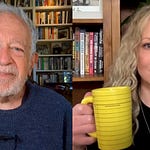

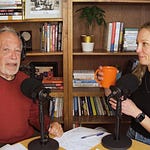

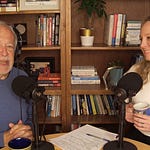
Financing gunmakers